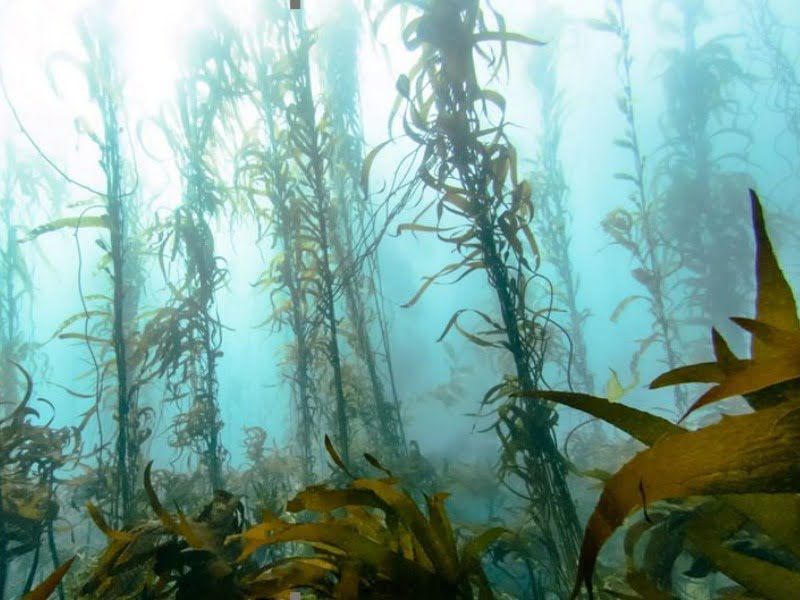The Australian Government has joined the Global Methane Pledge almost a year after former Prime Minister Scott Morrison refused to sign up, as it announces more grants under a Coalition-introduced methane reduction program.
Australia joins 122 other signatories in jointly committing to cut global methane emissions by 30 per cent on 2020 levels by 2030. Although the target is non-binding, it signals commitments to undertake domestic action such as investment in abatement technology and the introduction of emissions reduction standards in the energy and waste sectors.
As a result of signing the pledge, the federal government has also committed to not legislating or introducing taxes or levies aimed at reducing livestock emissions.

Methane is a much stronger greenhouse gas than carbon dioxide, able to absorb heat 84 times faster than carbon dioxide over a 20-year period.
Climate change and energy Minister Chris Bowen said that the pledge would push the nation to identify further opportunities to reduce emissions in the agriculture sector, which is considered hard-to-abate.
“The Australian Government will continue to partner with industry to decarbonise the economy and pursue emissions reduction initiatives across energy and waste sectors including capturing waste methane to generate electricity,” he said.
Refusal to join the methane pledge placed Australia alongside China, Russia, India, and Iran.
At the time, there was also a struggle between the Liberal and National parties to agree on the adoption of a net-zero greenhouse gas emissions target for 2050. The National Party eventually agreed to the target, but it was not legislated.
Then-Deputy Prime Minister Barnaby Joyce was particularly antagonistic to the methane pledge, claiming that the only way to reach the emission reduction target was to “grab a rifle and go out and start shooting your cattle”.
Alongside the pledge announcement, the federal government also announced the successful grant recipients sharing $5 million under second round of the Methane Emissions Reduction in Livestock Program, which was introduced under the previous government. Recipients under the $4 million first round were announced in February.
Among the 11 projects awarded grants is Tasmania-based Sea Forest’s methane reducing feed supplements using compounds in Asparagopsis oil. The firm received $383,657 for its work being undertaken in partnership with livestock supplement firm Dickson Ag, Ruminati, Australian Agricultural Company and the Tasmanian Department of Primary Industries Parks Water and Environment.
Delivering on an election commitment, it was also confirmed that $8 million would be provided to the Australian Sustainable Seaweed Alliance to help commercialise Asparagopsis, a livestock feed with the potential to reduce methane production by more than 95 per cent.
There largest grant of $695,909 went to the Western Australian Department of Primary Industries and Regional Development. It is investigating ways to adapt existing systems to be compatible with methane-reducing feed additives to grazing sheep. Partners to this project are DIT Agtech, umin8 Feedworks, Australian Wool Innovation, and the University of Western Australia.
The funding for this technology is under the Powering Australia Plan which includes $3 billion allocated through the larger $15 billion National Reconstruction Fund. This sub-fund will target investment in green metals, clean energy component manufacturing, hydrogen electrolysers and fuel switching, agricultural methane reduction and waste reduction.
National Farmers Federation president Fiona Simson said that the pledge reinforces the agriculture sectors ongoing commitment to sustainability.
“Farmers are already leading the charge on climate action in Australia and have earned a seat at the table and the strong assurances and partnership provided by government mean the pledge will not negatively impact on farmers or the agriculture sector,” she said.
Do you know more? Contact James Riley via Email.


I think the introduction of kelp into livestock has its merit , but will be destined to exploitation. The introduction of biochar into livestock diets has the same affect as kelp by mitigating methane production . The added bonus with biochar is that it makes the stomach inhospitable to parasitic worms and in the process converts methane into a form the animal can use for body maintenance and growth . Biochar will also bind with excess nitrogen and other minerals in the gut , once expelled it gets buried by dung beetles for their larvae to process and later again by microbes .
Win , win